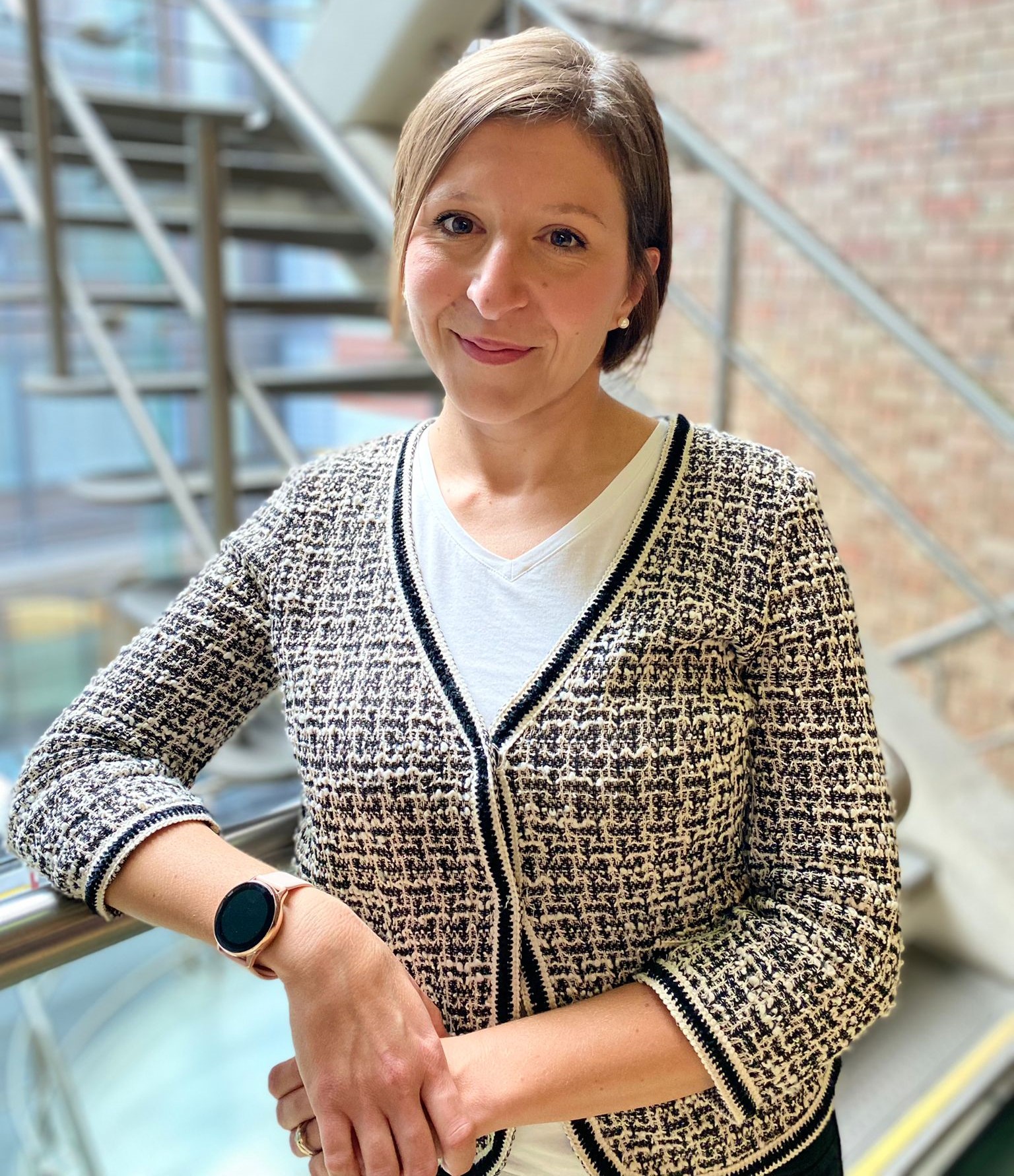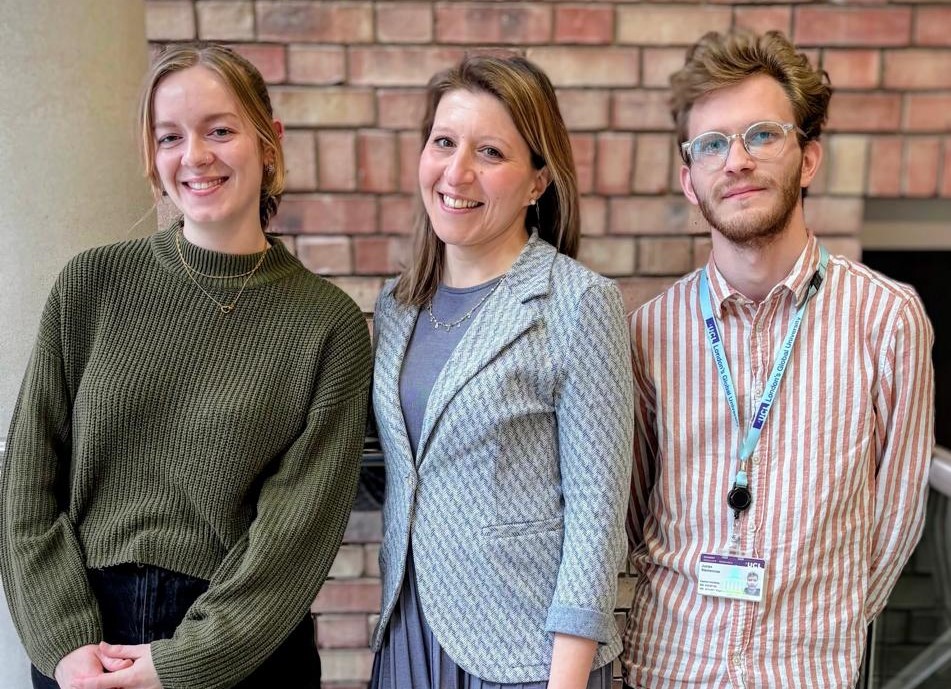Little Princess Trust News
New bone cancer project funded to understand why treatment can fail

Research will investigate how cells survive chemotherapy
The Little Princess Trust is proud to announce the funding of an innovative new research project into osteosarcoma, the most common bone cancer affecting teenagers and young adults.
Phil Brace, CEO of The Little Princess Trust, said: “This research is a great example of our commitment to answering the needs of all young people with cancer.
“We believe that this project offers real hope for patients with osteosarcoma, and we look forward to seeing the impact it will have for teenagers and young adults facing this devastating cancer.”
The project, led by Dr Lucia Cottone at University College London, will look at how osteosarcoma cancer cells can survive chemotherapy - one of the biggest challenges faced by patients.

Lucia said: “Osteosarcoma mainly affects teenagers and young adults, but current treatments haven’t improved in decades.
“Many young patients face harsh chemotherapy with no guarantee it will work. By uncovering why some cancer cells resist treatment, we aim to develop better ways to personalise therapies—ultimately improving treatment outcomes for patients.”
In her new LPT project, Lucia wants to understand how osteosarcoma cells adapt and survive during treatment. Using real patient samples, her team will create 3D models of human bone to closely mimic the environment in which bone cancer cells grow.
This allows the researchers to study how cancer cells behave in a setting that reflects the real conditions inside patients' bodies.
The researchers will investigate the cancer cells in detail using an exciting technology called lineage tracing, which has never been done before in osteosarcoma.

It will let the researchers track the behaviour and evolution of individual cancer cells throughout treatment.
Lucia explained: “We are recreating the conditions of bone cancer inside the lab by populating 3D replicas of human bones with cancer cells from real patient samples.
“These experimental systems allow us to observe how cancer cells interact with their surroundings, evolve over time, and shift between different survival strategies in response to treatment.”
By tracking how the cells adapt, the team hopes to identify the key mechanisms of chemotherapy resistance.
In the long term, Lucia hopes that their findings will help develop ways of stopping chemotherapy resistance. This could improve treatments and outcomes for patients with osteosarcoma.
Lucia is delighted to be starting this vital work: “I’m truly grateful for this funding, which will enable me to advance this exciting project and grow my newly established research group at UCL.”
You can find out more about this project here.



